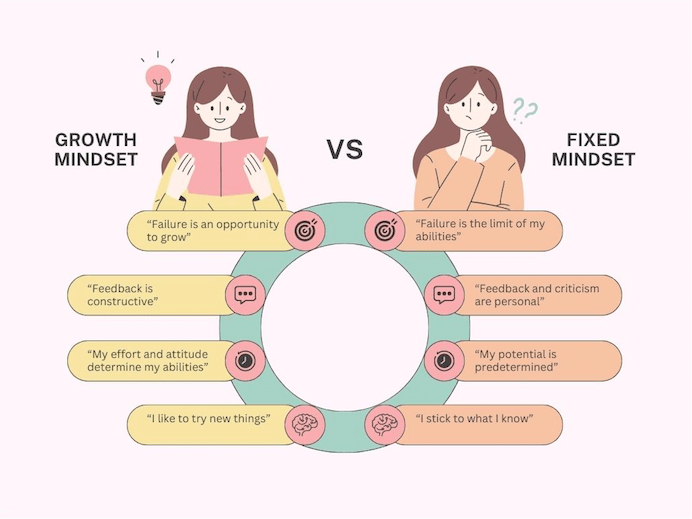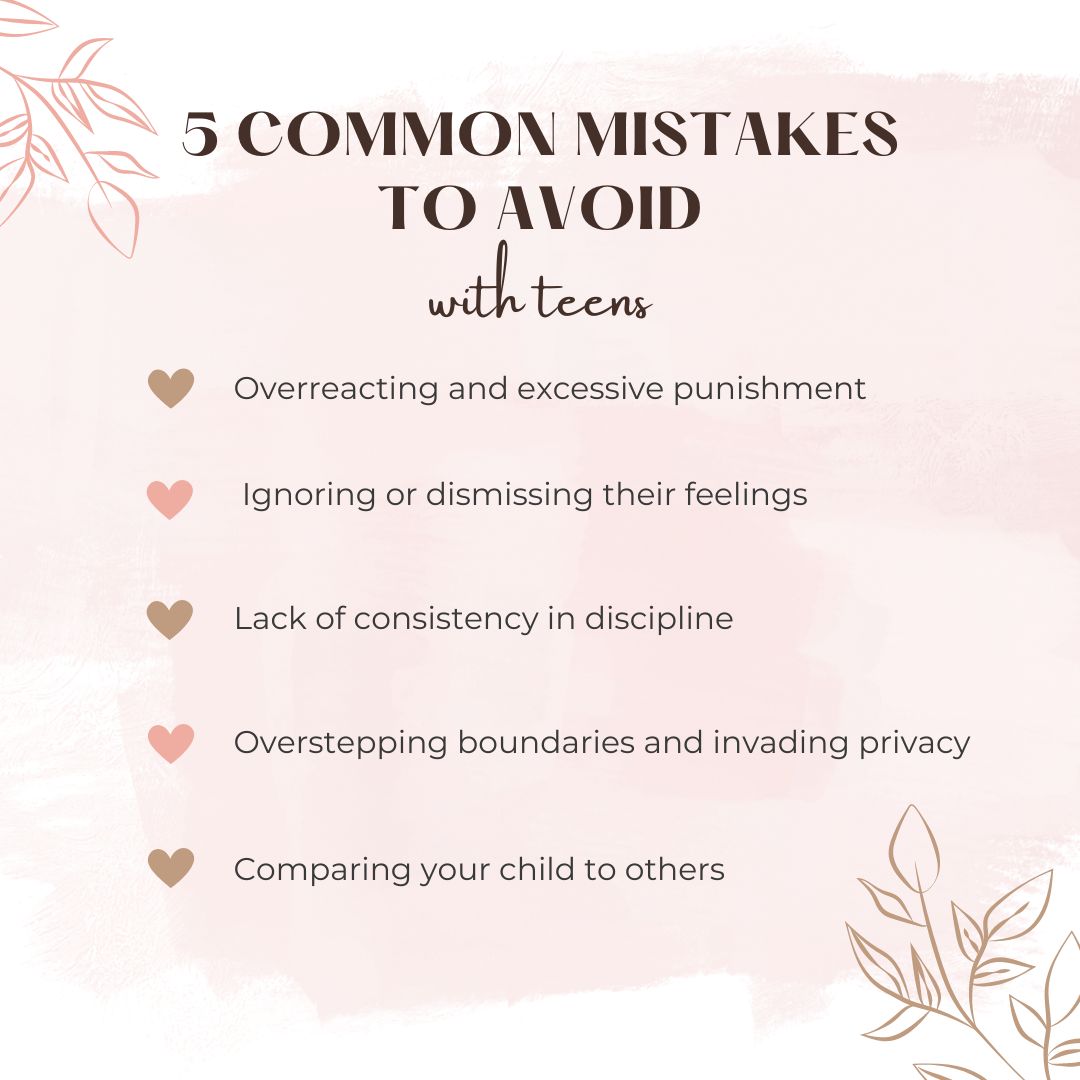Table of Contents
When I look at my 12-year-old son, as he sits on the cusp of puberty, I think back to what my life was like when I was an adolescent. The roller coaster of emotions, the rapid transformations, the strange new thoughts and feelings. It was a lot. All these years later (more years than I’d like to admit), I still remember what an overwhelming time it was.
I also remember getting in trouble back then. I was so angry with my parents, and I resented them for not understanding that I was grown up now and didn’t need to be told what to do. Because at 12 years old, I was pretty convinced that I knew it all and had the world all figured out.
Boy, was I ever wrong.
Needless to say, I now see how very little I knew in my adolescence. But, I also vividly recall the anger and resentment and feeling completely misunderstood by my parents. Deep down, I knew I had messed up and deserved whatever consequence they were giving me. But I sure hated being treated like a child. I wanted to be seen as a grown-up, as their equal, and the fact that they didn’t see me as such was infuriating.

This is what can make disciplining teenagers so challenging. As your child enters adolescence, they are fueled by a surge of hormonal changes and the quest for independence. You don’t want to break the bond that you have with your child, but as their parent, you must set limits and boundaries.
There will be push-back against your rules and boundaries as they seek to assert their independence. To maintain a positive parent-child relationship, we don’t want to simply punish our teens when they make a mistake, we want to help them understand how they can learn from it so they can do better next time.
The best way to figure out how to approach discipline in your home as your child enters adolescence is to understand the psychology behind teenagers and their way of thinking.
Understanding Teen Psychology
We all know that teenagers go through tremendous changes throughout their adolescence, but we don’t always fully understand what changes are happening in their brains. The prefrontal cortex, which is responsible for complex decision-making and impulse control, undergoes substantial changes during adolescence. In addition, the limbic system, which governs emotions, tends to develop faster than the prefrontal cortex. This results in heightened emotional reactivity and increased risk-taking, hence the “roller coaster of emotions” that adolescence is commonly known for.

Understanding these neurobiological changes and the emotional turmoil they can cause can help parents to better understand where their child is coming from and how to discipline appropriately. All children require guidance and boundaries, and these boundaries must be maintained throughout the teenage years. But, it is also important for it to be done in a way that is mindful of the teenage brain and respectful of their desire for independence.
Rather than punish teens, it is far more effective to connect with them on their level, maintain open communication, and solve the problem together. That’s not to say you will never have a disagreement or catch an epic *eye roll* from your teen. But, with a strong parent-child connection, you stand a better chance at maintaining both your boundaries and a positive relationship with your child.
6 Effective Discipline Strategies
The teen years are a tightrope walk, but these discipline strategies will help you walk that tightrope a little easier.
1. Open communication and active listening
Open communication and active listening are something that you want to establish early on in your child’s life. This way, when adolescence hits, your teen already knows how to communicate with you about important topics. They trust that you will listen to them, and they feel comfortable talking to you about everything, good or bad.
To do this, you need to be present when you’re with your child and listen to them when they talk to you. Even if what they’re telling you doesn’t seem like a big deal to you. Let them share it with you and show that you are actively listening to them. Validate their feelings from an early age, and let them know that you understand where they’re coming from. When they make a mistake that requires discipline, they will be able to talk openly about what happened, the consequences, and the lessons moving forward. It won’t be a matter of “punishment”, but rather a discussion about mistakes made and the lessons learned from it.

2. Setting clear boundaries and expectations
It is a child’s job to push the boundaries they are faced with in life, that is how they learn. So, no matter how great your connection is with your child, they are still going to push back against you, especially once they hit the teen years. Having clear and consistent boundaries will help you hold firm when they do push back. If boundaries are vague and unclear, then it’s hardly fair to punish teens for not understanding them.
Be very clear about what you expect from your teen and what the consequences are when they don’t respect the boundaries put in place. That way, there is no shock and uproar when a consequence is put in place because the boundaries were clearly set from the get-go.
3. Consistency and follow-through
I still remember being 13 years old and getting grounded for a month. I was furious and showed my contempt for my parents by monopolizing the house phone line (no cell phones back then). They responded by disconnecting the phone line. In return, I blasted my rock music as loud as I could. They took my stereo. My parents were RELENTLESS!
But, I learned quickly that those boundaries were holding firm, so I may as well respect them. Consistency and follow-through are crucial when disciplining a child of any age, but especially a teenager. If you’re not going to follow through on your consequences, then there’s no point even mentioning them. Be consistent, and your teen will know what to expect from you.
4. Positive reinforcement and rewards
Everyone enjoys a compliment and hearing that they’re doing something well. It boosts our motivation and just makes us feel good inside. Your teen is no different, they too enjoy hearing that they’ve done something right. Let them know that you see the good things they’re doing. Tell your teen you’re proud of them, and praise them for something they’ve done well.
Not only will this boost their morale and motivation, but the right praise can also help to foster a growth mindset. Your child will learn to view mistakes as opportunities for learning. They will also come to appreciate the effort and process instead of the product.

5. Encouraging responsibility and accountability
Again, this is something that needs to be taught and developed earlier in life. That way there is a sense of responsibility already established when your child hits adolescence. Teach your child from a young age to be responsible for their actions and to admit when they’ve done something wrong. Teach them how to make amends or fix a problem when they’re little. If they learn it when they’re young, they’ll know how to do it when they’re older.
6. Modeling respectful behavior
It’s the age-old saying – you have to give respect to get it. Model respectful behavior and teach your child how to show respect to others. Apologize when you make a mistake, so they learn that it’s ok to do the same. Treat others with kindness, and let your child see you helping others and doing good in the world. They will model what they see, so if you are modelling respectful behavior, your teen will do the same.

5 Common Mistakes to Avoid
There is no surefire answer for how to navigate the tumultuous teen years, but there are some strategies that can be effective and some things you should try to avoid. Here are 5 common mistakes to avoid when disciplining your teen.

1. Overreacting and excessive punishment
Teenagers already bring enough emotion to a situation, you don’t need to add fuel to the fire with your own big feelings. Instead, try to remain calm and rational. If you need to, take a moment to calm down before responding or issuing any sort of punishment. Then, make sure the punishment fits the crime. Don’t punish your teen unfairly just because you are angry at the situation.
2. Ignoring or dismissing their feelings
When you dismiss someone’s feelings you are telling them that what they think and feel doesn’t matter. This isn’t the kind of message you want to send to your child. Validate their feelings, even if you don’t fully understand them. Listen to what they have to say and try to put yourself in their shoes. It wasn’t all that long ago that you were struggling through adolescence.
3. Lack of consistency in discipline
Your child breaks curfew once and has their curfew reduced to an hour earlier. They break it again, but you don’t issue any consequences. The inconsistency is confusing and frustrating because your teen will never know what to expect. It is important that you don’t just punish your teen randomly or unnecessarily, but that there are clear boundaries that are set and clear consequences for misbehavior.
4. Overstepping boundaries and invading privacy
Despite what some might argue, being their parent does not give you the right to overstep boundaries or invade your teen’s privacy. Now, if it is a matter of safety, then I think there’s room to bend the rules a little. But, on the whole, you should not be invading your child’s privacy like checking on their phone or listening to their calls, unless you suspect that there is really something to worry about. If that’s the case, then you should be having an open and honest discussion with your teen, rather than going behind their backs. Again, it goes back to the concept of open communication and trust.

5. Comparing your child to others
Your friend’s teen might be getting straight A’s in school while your colleague’s child just joined an elite basketball team. While these are awesome accomplishments, you never want to compare your child to others. You especially don’t want to do that when your child has made a mistake and you are disciplining them. “Why can’t you be more like so-and-so?” is a very hurtful thing to say, and it sends the message that they’re not good enough.
We want to build our children up as they learn to navigate this tricky world around them. We don’t want to be a part of tearing them down.
Tips for Building a Strong Parent-Teen Relationship
The best way to navigate the teen years while maintaining a healthy parent-child relationship is to have a strong relationship from the beginning. Here are some ways to easily strengthen your rapport with your kids.
Strengthening trust and respect
Here comes that open communication again! The best way to have a positive relationship with your children is to develop open communication from an early age. Have those sit-down dinners where you talk as a family, ask your child about their day, and listen to them when they want to talk to you.
Be honest with them and expect honesty in return. Apologize when you’ve made a mistake, and let them know you’re sorry if you hurt them. This all builds trust and respect, which in turn strengthens a relationship.
Finding common ground and shared interests
Do you both enjoy watching reality TV? Sit and binge-watch a new season together. Like the great outdoors? Get in the habit of going for a walk together regularly. If there is a hobby you both enjoy, make it a part of your free time together. This is a great way to chat while doing something together as well. Finding common ground and shared interests can help to soften things when tensions are high.
Encouraging independence while maintaining support
You want your teen to venture out into the world, and you want to encourage their independence. By doing so, you’re telling them that you believe in them. This will in turn give them confidence to believe in themselves. Let them know you’re always there to help, but that you trust that they can figure things out on their own.
Conclusion
The teenage years can be tricky, there’s no mistaking that. And there will be times when you need to discipline and maintain boundaries. But, there’s no need to punish your teen or be harsh about it. There are ways to make your point and teach your lesson without harming your parent-child connection. Fostering open communication and validating your child’s feeling goes a long way in developing a strong relationship.
It is a delicate balance between discipline and understanding, but with a little empathy and remembering what it’s like to be a teenager, we can establish boundaries while maintaining connection. Remember these simple discipline strategies and share which ones work best for you. How do you foster a positive relationship with your teen?
Like this post? Click on the image below to share this on Pinterest – Thank you!












